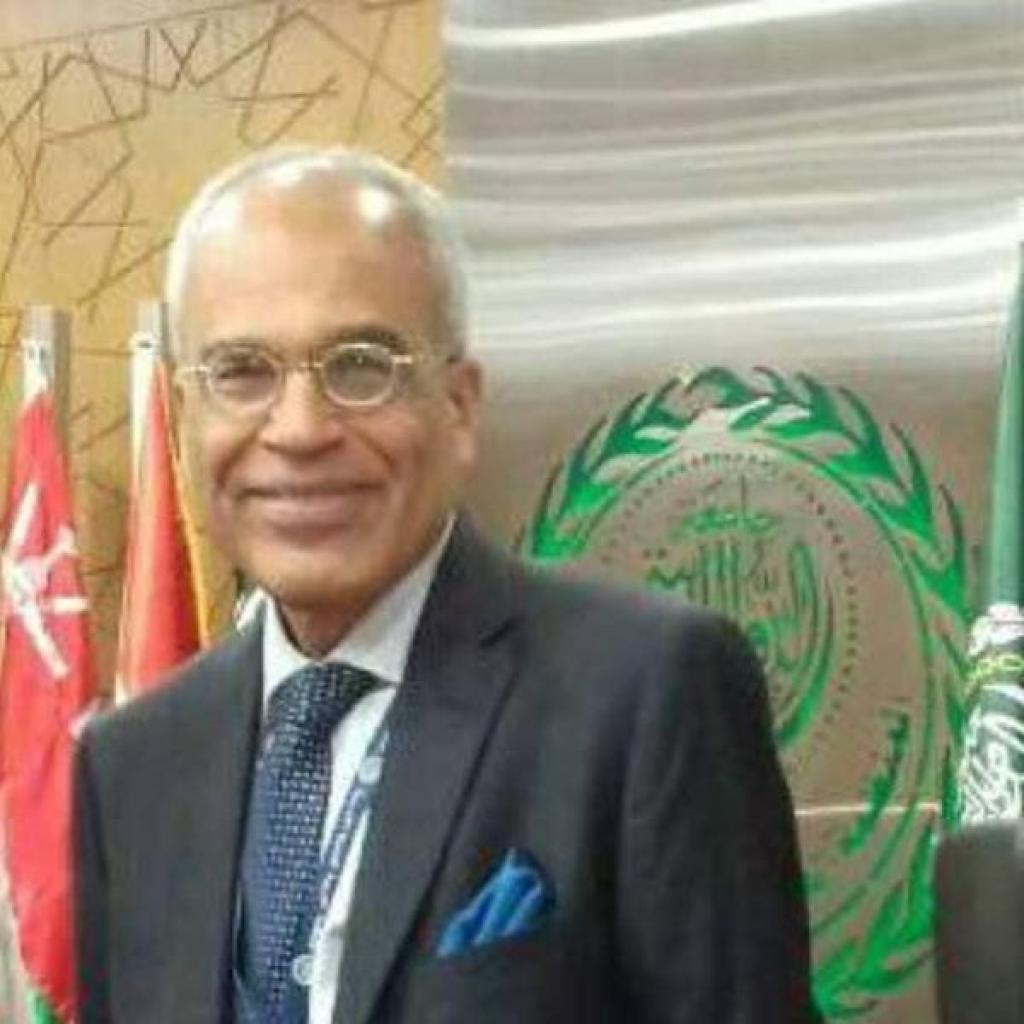12 September، 2022
The Egyptian scholar, Professor Dr. Mohamed Mohamed Abdel Latif from the – College of law

12 September، 2022
The Egyptian scholar, Professor Dr. Mohamed Mohamed Abdel Latif from the – College of law


Al Majmoaa Street
Postal Code : 41002
Mosul – Iraq
All Rights Reserved for University of Mosul - 2026